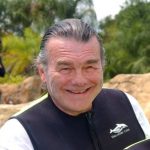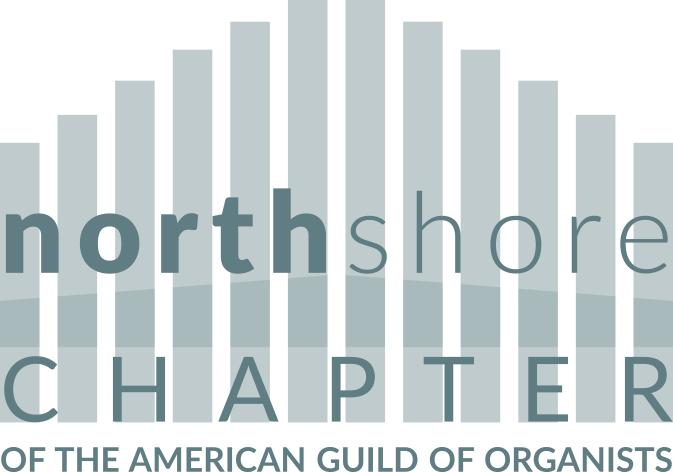
Richard Spears
As with so many others, my obsession with the pipe organ began when I was a child. When I was eight, the families of the adult choir were enlisted to relocate organ pipes and parts from the sanctuary to the parlor while the church chancel was being rebuilt. I was fascinated by the idea that all those strange parts were needed to produce the incredible sounds of the instrument. No one but the organist was allowed to play the church’s huge Kilgen, but I often sat behind her trying to figure out how the thing worked. I was certain what a Bombarde would sound like, even though it was never used, and I was desperate to know what kind of hole an Ophicleide would blow in the wall.
I took piano lessons for ages and received instruction on the organ from the church organist who provided me with her ancient, marked up copies of Bach’s major works, and served as my driver and chaperone to hear visiting recitalists. My regular practice instruments were a Hammond and a Baldwin.
As a teenager, I attended two of the “Summer Vocal Camp” sessions at Westminster Choir College in the 1950s. John Finley Williamson lectured about the union of choral singing and the pipe organ, with George Markey demonstrating the lecture points. And the knot joining the two was pulled tight in my mind and heart. There were of course, practice organs available for “borrowing.” It was the intense choral experiences of those summers that led me to study phonetics, with the goal of benefiting choral singing.
About ten years after my first exposure to organ innards, I found myself at college, hired as a day laborer to gleefully unload a new Reuter organ, pipes and parts, for installation in a church across the street from Texas Christian University. I had come there intending to study organ, but life happened. My student job was in the same buildings as the practice organs, where I “borrowed” practice time, and “borrowed” advice from anybody who knew more than I did. My day labor status quickly changed to installer, wiring specialist, pipe-racker, key-holder, and even tuner. Ah, the road to heaven was paved with spotted metal!
The organ was completed and finished about the time that E. Power Biggs came to town to play a concert. He was shown this new neo-baroque wonder and I was told he loved it. I had the audacity to attend (observe) his Master Class the next day, and when he asked if there were any non-organists in the audience, I was foolish enough to raise my hand. I was read the riot act and advised to leave and attend his recital instead. I was singled out, glowered at, and my life events were lining up to pass before my eyes. He was interrupted by the head of the organ department who gently told Biggs that I was “one of the builders of the organ across the street that you liked so well when you played it yesterday.” There was a complete change of tune, and I was praised for coming, and Biggs thought all organ builders should attend. (I was definitely “schooled” by E. Power Biggs and managed to steal a lesson or two anyway, the first being, don’t raise your hand.) Following that, I did tuning and repair in Ft. Worth, and while I was in graduate school in Bloomington, Indiana. When I traveled doing service and installations during the summers, I learned that quite a few of my fellow organ technicians played quite well, had organ degrees, and didn’t mind having “lessons” stolen from them. I also learned that it was always wise to be playing something challenging just as the organist is arriving to approve the tuning. My repertoire thenceforth consisted of the first pages of some really good stuff.
After a long career teaching phonetics, lexicography, and linguistics at Northwestern, I left academia and became a full-time lexicographer, retiring from MacGraw-Hill in 2001. Much later, at age 72, I went back to my love, the organ, and picked up where I had left off. I find I am still able to learn, slowly, but, alas, I am not able to be taught. So I am back to stealing advice. I purchased a Johannus so I don’t have to steal practice time any longer.
I have been a member of the Organ Historical Society for a number of years, and was encouraged to join the AGO because it’s filled with old and new friends with whom I share so much. I am happy to serve on the board, and give something back as well as work to sustain respect for the instrument and its players.
Richard Spears, board member
